Patriarchal norms often dictate a distant and authoritarian relationship between fathers and their children. This model undermines the development of close, nurturing bonds that are essential for a child's emotional and psychological development. Fathers who are expected to be disciplinarians and authority figures may find it challenging to engage in affectionate and supportive interactions with their children.
Patriarchy, a social system where men hold primary power, has shaped societies across the globe for millennia. It is often criticized for its oppressive impacts on women and marginalized groups, but its implications for men, particularly fathers, are less frequently examined. This system, which prescribes strict gender roles and expectations, has not only confined women but has also imposed significant, often overlooked burdens on fathers. By enforcing rigid standards of masculinity and fatherhood, patriarchy has unfairly constrained men's roles, emotional expressions, and personal development. This article explores how patriarchy has been unjust to fathers throughout history, affecting their identities, relationships, and well-being.
Historical Context and Evolution of Fatherhood
Historically, patriarchal societies have defined fatherhood in terms of authority, control, and economic provision. From ancient civilizations like Greece and Rome, where the paterfamilias had near-absolute power over his household, to feudal Europe, where land ownership and lineage dictated a man's worth, fathers have been cast primarily as providers and protectors. This role was both empowering and limiting. While it granted men social and legal power, it also imposed immense pressure to conform to societal expectations.
According to historian Steven Ozment, “the father’s authority in early modern Europe was seen as both a reflection of and a contributor to the stability of society.” This expectation to be the cornerstone of societal stability placed fathers in a position where failure to meet these standards was not just a personal failing but a social one as well.
The Emotional Toll of Patriarchal Expectations
One of the most profound injustices patriarchy inflicts on fathers is the suppression of emotional expression. Traditional masculinity dictates that men should be stoic, detached, and emotionally resilient. Fathers, therefore, often feel compelled to hide their vulnerabilities and refrain from showing affection or seeking emotional support. This emotional repression can lead to a range of psychological issues, including depression, anxiety, and a sense of isolation.
Sociologist Michael S. Kimmel argues, “Patriarchy's enforcement of emotional suppression not only harms men but also damages their relationships with others, particularly their children.” Fathers who deviate from these norms, displaying tenderness or openly discussing their feelings, may face ridicule or be perceived as weak. This stigmatization can prevent men from forming deep, emotionally fulfilling relationships with their children and partners.
The Provider Role and Economic Pressures
 The patriarchal model of fatherhood places significant emphasis on the father's role as the primary breadwinner. This expectation can create substantial economic pressures and stress. Fathers who struggle to meet these financial expectations may experience feelings of inadequacy and failure. The pressure to continually provide can lead to long working hours, multiple jobs, and a lack of work-life balance, ultimately affecting their physical and mental health.
The patriarchal model of fatherhood places significant emphasis on the father's role as the primary breadwinner. This expectation can create substantial economic pressures and stress. Fathers who struggle to meet these financial expectations may experience feelings of inadequacy and failure. The pressure to continually provide can lead to long working hours, multiple jobs, and a lack of work-life balance, ultimately affecting their physical and mental health.
Sociologist Arlie Russell Hochschild notes, “The traditional role of men as primary providers has led to an emotional and physical burden that many are unable to bear, causing detrimental effects on their health and family life.” During economic downturns or personal financial crises, fathers may face immense societal and self-imposed pressure to maintain their family's standard of living. The inability to fulfill this role can result in deep psychological distress, and in extreme cases, contribute to substance abuse or suicidal tendencies.
The Impact on Father-Child Relationships
Patriarchal norms often dictate a distant and authoritarian relationship between fathers and their children. This model undermines the development of close, nurturing bonds that are essential for a child's emotional and psychological development. Fathers who are expected to be disciplinarians and authority figures may find it challenging to engage in affectionate and supportive interactions with their children.
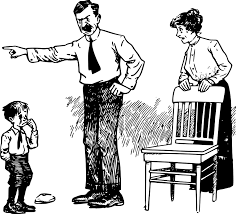 Psychologist and researcher Dr. Ronald F. Levant emphasizes, “The lack of emotional intimacy in father-child relationships can lead to long-term consequences for both parties, perpetuating a cycle of emotional distance and misunderstanding.” Children may grow up feeling disconnected from their fathers, lacking a sense of paternal support and understanding. Fathers, in turn, may miss out on the joys and fulfillment that come from a close relationship with their children.
Psychologist and researcher Dr. Ronald F. Levant emphasizes, “The lack of emotional intimacy in father-child relationships can lead to long-term consequences for both parties, perpetuating a cycle of emotional distance and misunderstanding.” Children may grow up feeling disconnected from their fathers, lacking a sense of paternal support and understanding. Fathers, in turn, may miss out on the joys and fulfillment that come from a close relationship with their children.
Cultural Variations and Shifting Perspectives
While the impact of patriarchy on fatherhood is a global phenomenon, cultural variations exist in how these dynamics play out. In some cultures, communal living and extended family structures provide a support system that mitigates some of the pressures on fathers. However, in many modern, nuclear family setups, fathers often face these pressures in isolation.
In recent decades, there has been a growing recognition of the need to redefine fatherhood beyond patriarchal confines. Movements advocating for gender equality and changing societal norms are gradually transforming perceptions of fatherhood. More fathers are now embracing roles that involve active parenting, emotional engagement, and shared domestic responsibilities. This shift, while promising, is still met with resistance in many parts of the world where traditional patriarchal values remain deeply entrenched.
Dr. Scott Coltrane, a sociologist specializing in family studies, observes, “As societal norms shift, we see an increasing acceptance of involved fatherhood, where men are more actively participating in childcare and household responsibilities.” This change is crucial in challenging the patriarchal norms that have historically limited fathers.
Modern Challenges and Opportunities for Change
Today's fathers face a unique set of challenges as they navigate the evolving landscape of fatherhood. Balancing traditional expectations with modern ideals of egalitarian parenting can be difficult. However, this period of transition also presents opportunities for positive change.
The increasing visibility of stay-at-home dads, paternity leave policies, and media representation of nurturing fathers are contributing to a broader acceptance of diverse fatherhood roles. These changes are crucial in challenging the patriarchal norms that have historically limited fathers.
 Educational programs and support networks for fathers are also playing a significant role in this transformation. By providing resources and fostering communities where fathers can share experiences and seek advice, these initiatives are helping to dismantle the stigmas associated with non-traditional expressions of fatherhood.
Educational programs and support networks for fathers are also playing a significant role in this transformation. By providing resources and fostering communities where fathers can share experiences and seek advice, these initiatives are helping to dismantle the stigmas associated with non-traditional expressions of fatherhood.
The Way Forward: Embracing a New Paradigm
To address the injustices patriarchy has imposed on fathers, society must embrace a new paradigm of fatherhood that values emotional presence, shared responsibility, and individual well-being. This involves redefining masculinity to include qualities such as empathy, vulnerability, and cooperation.
Education and awareness are key components of this shift. Schools, workplaces, and media must actively promote positive fatherhood models that go beyond traditional stereotypes. Policies that support work-life balance, such as flexible working hours and equitable parental leave, are also essential in enabling fathers to participate more fully in family life.
Furthermore, creating spaces for open dialogue about the challenges and rewards of fatherhood can help men feel supported and understood. By encouraging fathers to share their experiences and challenges, society can begin to break down the barriers imposed by patriarchal norms.
Conclusion
Patriarchy, with its rigid definitions and expectations, has been unjust to fathers by confining them to narrowly defined roles and suppressing their emotional and personal growth. While the system has granted men certain privileges and power, it has also imposed significant burdens, particularly in the realms of emotional expression, economic pressure, and family relationships.
As society progresses towards greater gender equality, it is crucial to recognize and address the ways in which patriarchy has harmed men, particularly fathers. By redefining fatherhood to include emotional involvement, shared responsibilities, and personal well-being, we can create a more just and fulfilling experience for fathers and their families. Embracing this new paradigm will not only benefit fathers but also contribute to healthier, more balanced family dynamics and, ultimately, a more equitable society.
Sources:
- Ozment, Steven. When Fathers Ruled: Family Life in Reformation Europe. Harvard University Press, 1983.
- Kimmel, Michael S. Manhood in America: A Cultural History. Oxford University Press, 1996.
- Hochschild, Arlie Russell. The Second Shift: Working Families and the Revolution at Home. Viking Penguin, 1989.
- Levant, Ronald F. Men and Masculinity: A Textbook. American Psychological Association, 1995.
Coltrane, Scott. Family Man: Fatherhood, Housework, and Gender Equity. Oxford University Press, 1996.



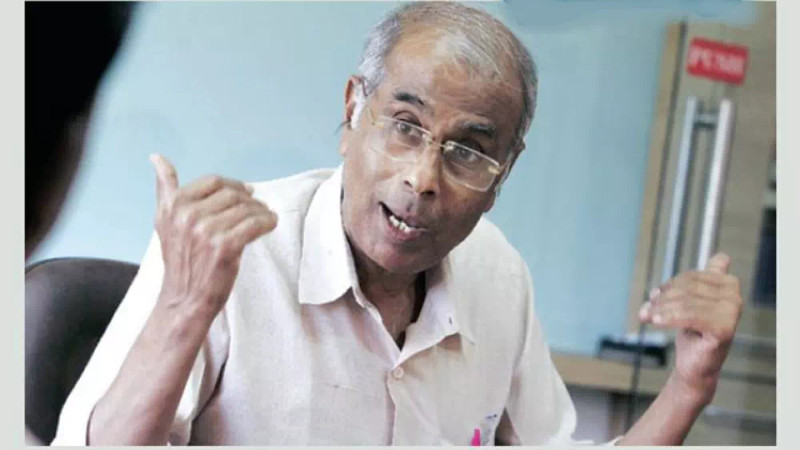

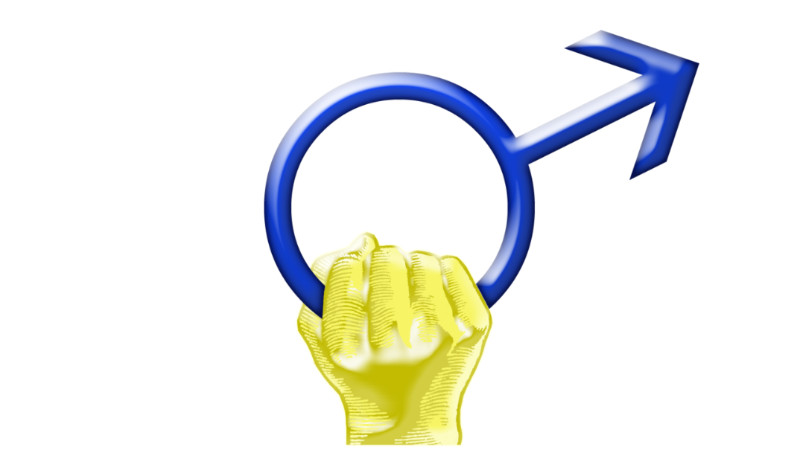

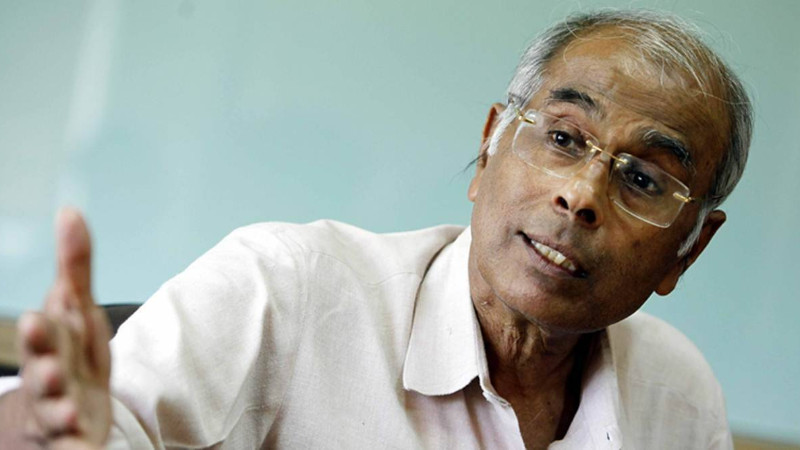

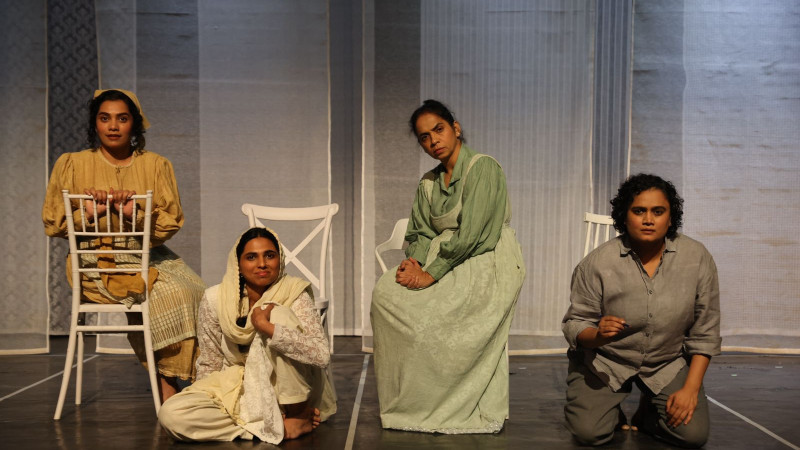



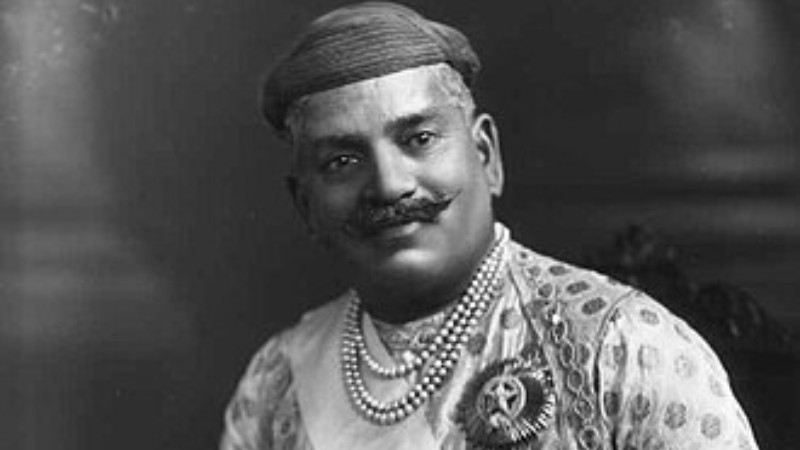


























Add Comment